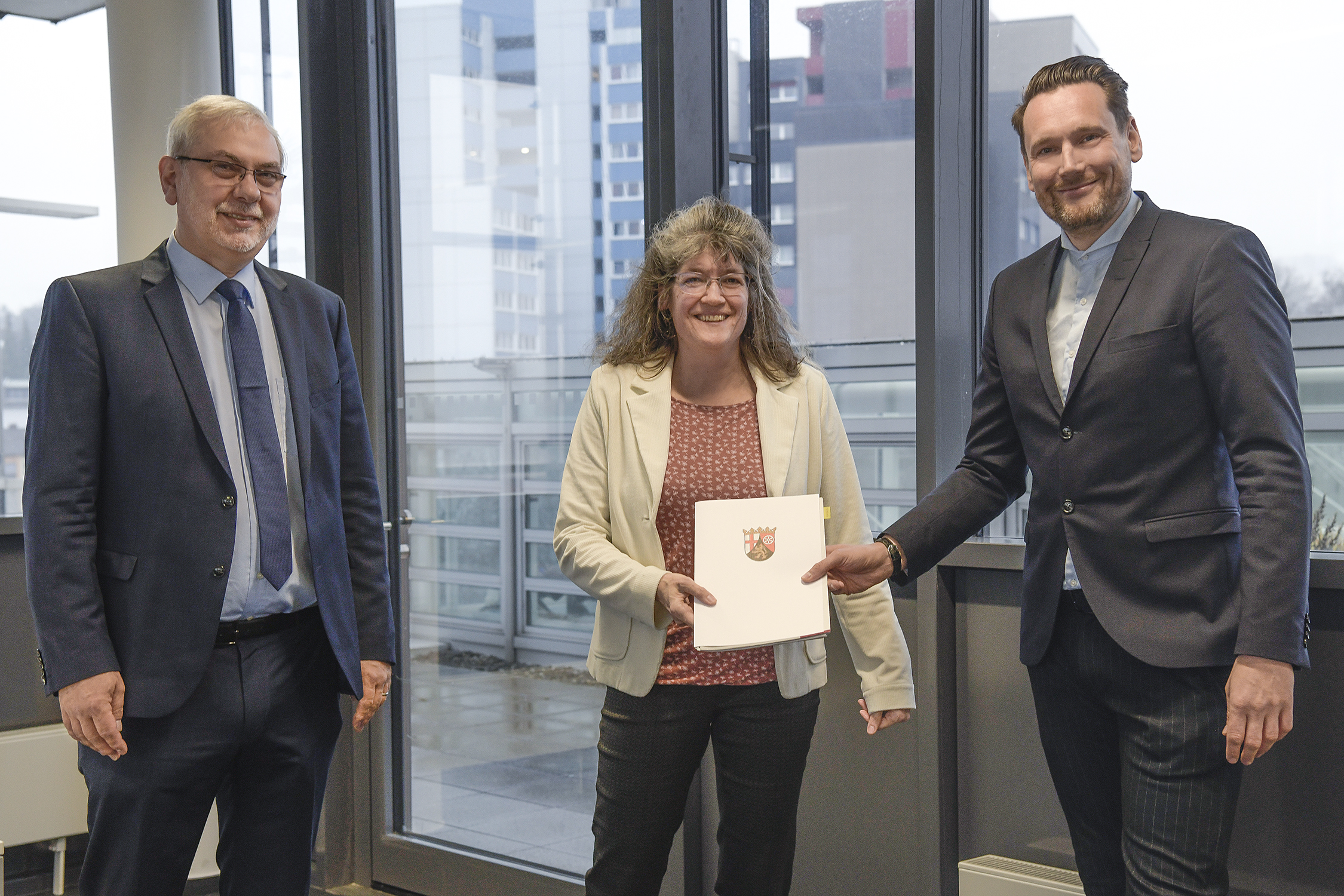The name of the »ENERDIG« project stands for »Energy Management 2.0, Digitalization, AI, Optimized Processes« and is aimed at holistic energy management. The project is located in the »High Performance Center Simulation and Software Based Innovation«, which bundles the research of four participating departments of the Fraunhofer ITWM. Researchers from the »Optimization« division and the »High Performance Computing« division as well as the departments »Transport Processes« and »System Analysis, Prognosis and Control« are contributing their expertise. Digitalization and Artificial Intelligence (AI) are intended to reduce energy consumption in production and buildings, adapt it to fluctuating generation and control energy conversion processes more efficiently.
»ENERDIG« – Digitalization and Artificial Intelligence for Energy Management 2.0
Artificial Intelligence for Optimized Energy Management
The team's research work focuses on four areas:
Energy management in
- residential buildings and industry
- the production of plastics
- chemical production
- the production of nonwovens
Electricity, Heat and Mobility in Residential Buildings and Industry
An important way to reduce greenhouse gas emissions in the private and commercial sectors is to use renewable electricity in conjunction with heat pumps and solar thermal energy. People are asking themselves, for example, what their consumption will be tomorrow and what their photovoltaic and solar thermal systems will then achieve. And what role the weather will play in this. To answer these questions, the project team is developing new AI methods to charge electricity storage systems based on forecasts, which in turn supply heat pumps and electric cars with as much renewable energy as possible.
Optimizing Aerodynamics in the Production of Nonwovens
There is also great potential for savings in industrial production, for example in the production of nonwovens. The challenges in nonwoven production are very high production speeds and turbulence in the process. Both often lead to fluctuations in the quality of the nonwovens. With the help of various software solutions, we contribute to the aerodynamic optimization of nonwoven production. This leads to more stable product quality and significant energy savings.
Flexibilizing the Use of Energy in Plastics Production
High cost pressure and growing complexity in production outline the area of tension in plastics production. By controlling the demand for electricity through the targeted switching on and off of loads, so-called demand-side management, the electricity required for production can be purchased more cost-effectively on the energy market and the product can be manufactured more cheaply. In addition to strengthening the market position, the operator of the demand-side management system thus contributes to increasing the share of renewable energies. With the aim of supporting small and medium-sized enterprises in particular on the path to energy management 2.0, the team is developing algorithms based on digital twins of machines and production facilities, which the researchers use to identify and evaluate energy consumption and flexibility. Innovative Machine Learning (ML) methods with Deep Neural Networks (DNN) are used for this.
Energy Efficiency in Chemical Production Through Real-Time Optimization
A similar approach applies in the energy-intensive chemical industry: making energy consumption more flexible here means that the company adapts its processes to changing energy costs at short notice. In addition, there are other variables that need to be reacted to at short notice, such as the availability of raw materials. One of ENERDIG's goals is to systematically take these fluctuations into account when optimizing the systems.
Project Funding and Duration
The project »ENERDIG – Energy Management 2.0, Digitalization, AI and Optimized Processes« is funded by the European Union with 1.8 million euros from the European Regional Development Fund (ERDF, German EFRE) as part of the »High Performance Center Simulation and Software Based Innovation«. The project ran from 01.04.2021 to 30.06.2023.

